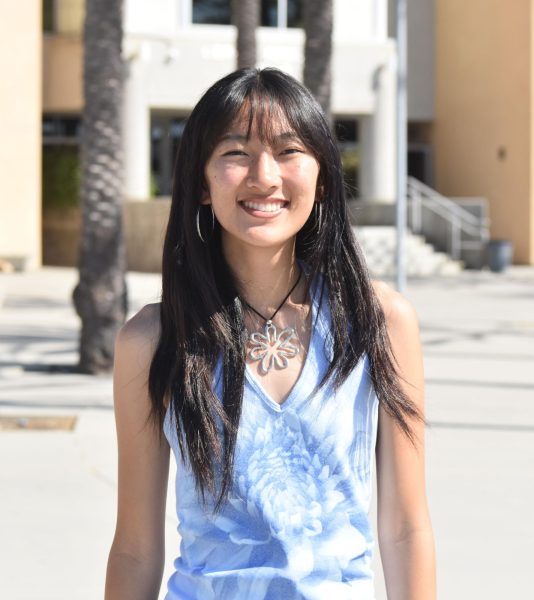Warm lights softly illuminated the outdoor stage and music thrummed through the floor as Kalea Minabe (12) neared the end of her group performance. Summer nights in Tahiti were incomparable during the Heiva festival. On the last number of the 200-person dance she began to feel a slight drizzle. The audience cheered as Minabe, adorned in an amalgamation of fresh greens and flowers, danced in the rain.
“It was like a coming-of-age feeling,” she said.
The Heiva i Tahiti is a two-month long event celebrating dance, music, and the ancestral traditions of the Polynesian Islands. Minabe was invited out to Tahiti by a judge who witnessed her in a Polynesian dance competition. For three months, starting in May, Minabe rehearsed with a Tahitian dance team, preparing to compete in the Heiva dance competition, which Minabe described as the “Superbowl of [Tahitian] dance.” In the end, Minabe and her team won first place.
“Immediately when they called second place and it wasn’t us, we knew it was going to be us first,” she said. “It was very rewarding to know that the three months of work that I put in and all the hours of sweat was worth it and paid off. It was a great experience [whether we won or not] but winning is more exciting and memorable.”
The 55-minute production involved multiple dances following the theme of generational change. According to Minabe, the performance represented the conflict and resolution between the traditional, modest values of the old generation and the more open, liberal values of the new generation.
At the end of her trip, to commemorate her time in Tahiti, Minabe got a Tahitian-style tattoo, stretching along her spine.
“I got [the tattoo] on my spine because the theme talked about generations,” Minabe said. “Each part of the spine would be a new generation. I got it on my spine for that reason but I also got it to represent my experience in Tahiti dancing with another group like that, to signify the three months that I spent there, everybody I met along the way and my dance journey.”
Here in San Diego, Minabe dances with Te Rahiti Nui, a Polynesian dance studio co-ran by her mom, where Minabe often helps instruct and assist. For Minabe, who has been dancing since she was 3 years old and competing since she was 11, dance is an integral part of her life.
“I’ve been [dancing] for so long, I wouldn’t know what to do without it,” Minabe said. “My life would feel so empty. I’m always busy because of dance and I’m used to having to go places to compete. I just love the feeling of dancing. I love the people that I got to know. I love the feeling of competing. It’s really nerve-wracking but it’s rewarding in the end.”
Throughout her 14 years of dancing, Minabe said her parents had always been her strongest supporters.
“[My Dad is] very involved, he’s at every single one of my competitions, my shows, and he’s always there [as the] photographer,” Minabe said. “Him and my mom are the biggest support system because they never make dance [feel like a] pain for me. They always support me in whatever I do.”
Minabe said that having her mom as a fellow dancer has been both a source of pressure and encouragement.
“My mom started [the dance company] with her partner when I was three and then it’s been ongoing,” Minabe said. “Growing up, I [was] mostly taught by her partner, because she and I would argue; it’s a mother and daughter relationship. So she kind of stepped away and let her partner teach me more. It was definitely stressful because I don’t want to let her down, but at the same time, it’s very gratifying and rewarding when I make her proud. Now that I’m older, she’s stepped back in a little bit.”
After rehearsing and performing with native Tahitian dancers, Minabe said she’s reached a new level of understanding behind the culture of dance.
“Now, I have more knowledge and a better perspective on dance,” she said. “Being in Tahiti and competing there is one thing but being able to dance with an actual Tahitian group is very different from here because it’s very Americanized here. [In San Diego], it’s more about competitions, but for them, it’s just their culture. It was very eye-opening and impactful.”
Minabe said she returned to San Diego with a new appreciation for dance.
“While I was there, I didn’t realize how much of a blessing it was for me to dance,” Minabe said. “I know a lot of people that wanted to go to Tahiti to compete and I’m just grateful I got to have the opportunity because I don’t know if this opportunity will come around again. It just made me really grateful for everything I have and all the support I have from my group, my parents, and my friends.”


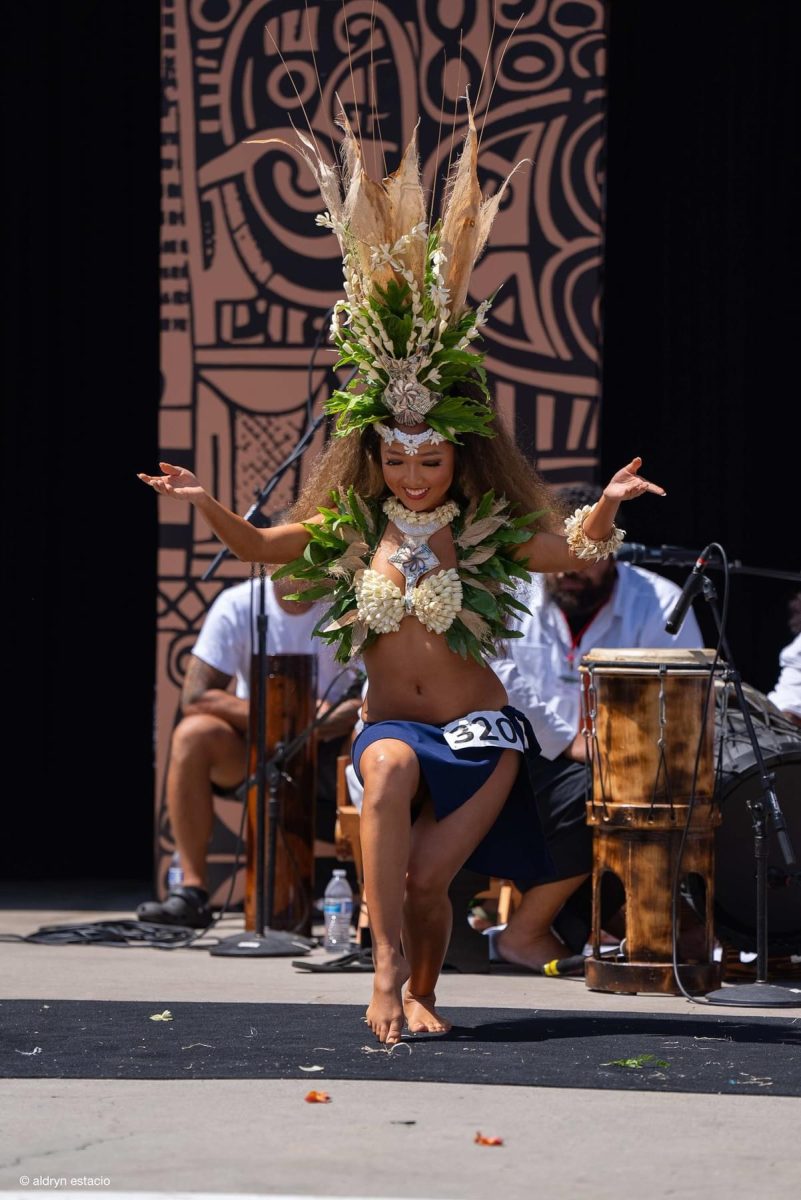
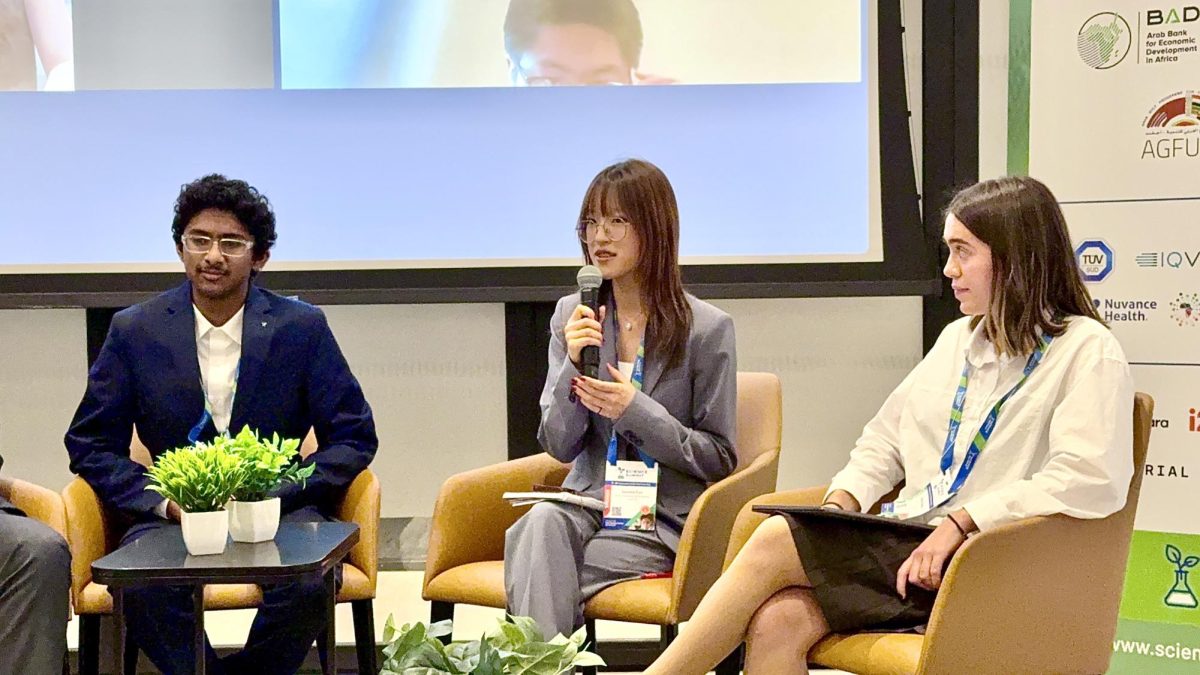
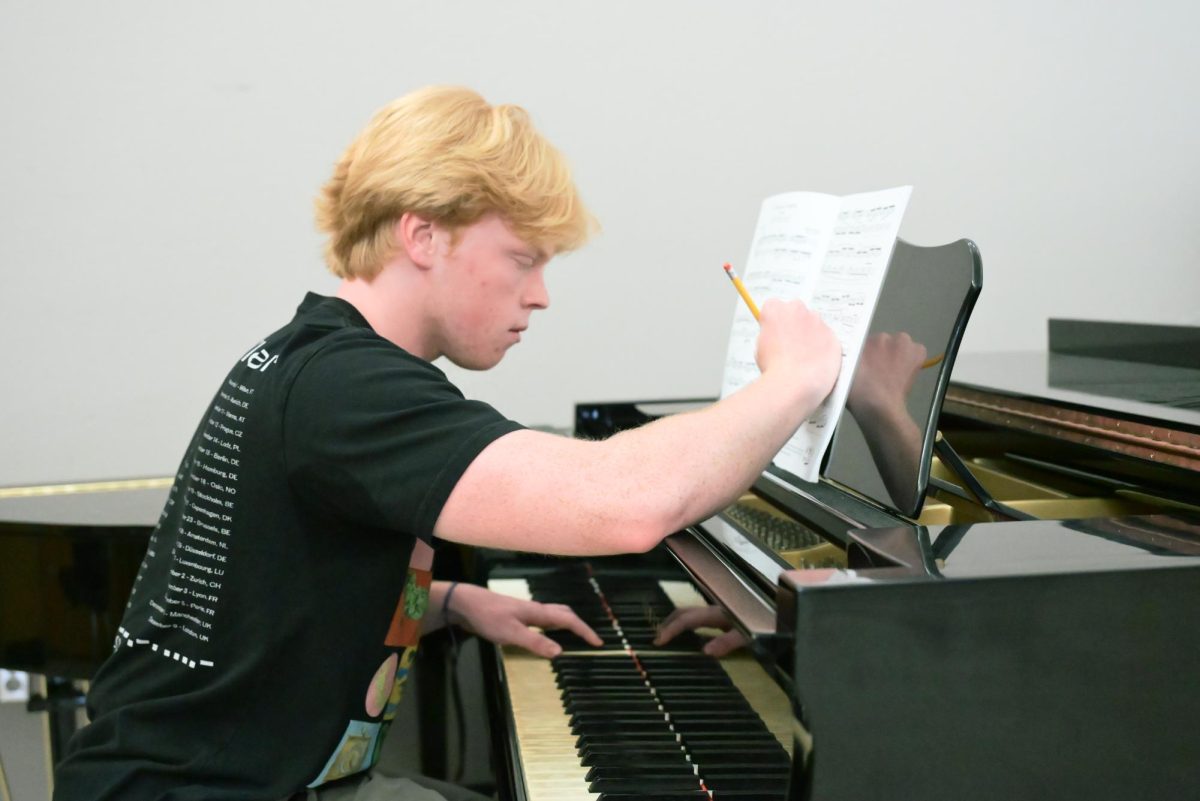
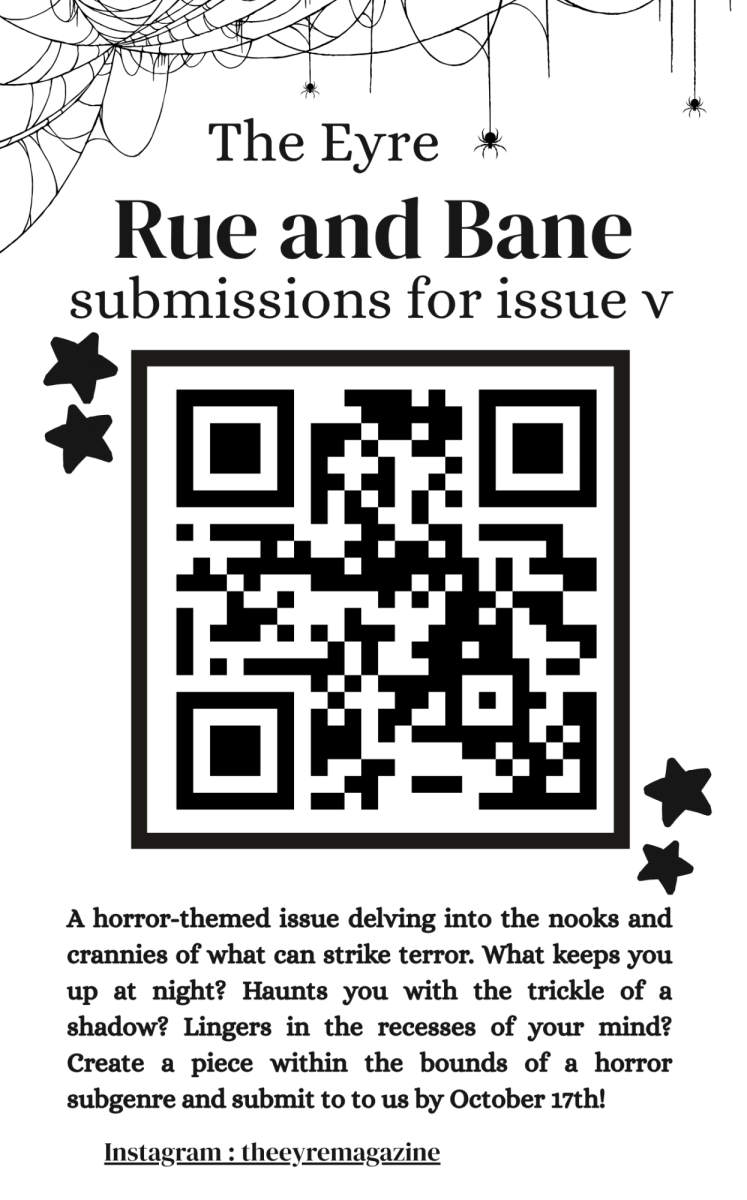
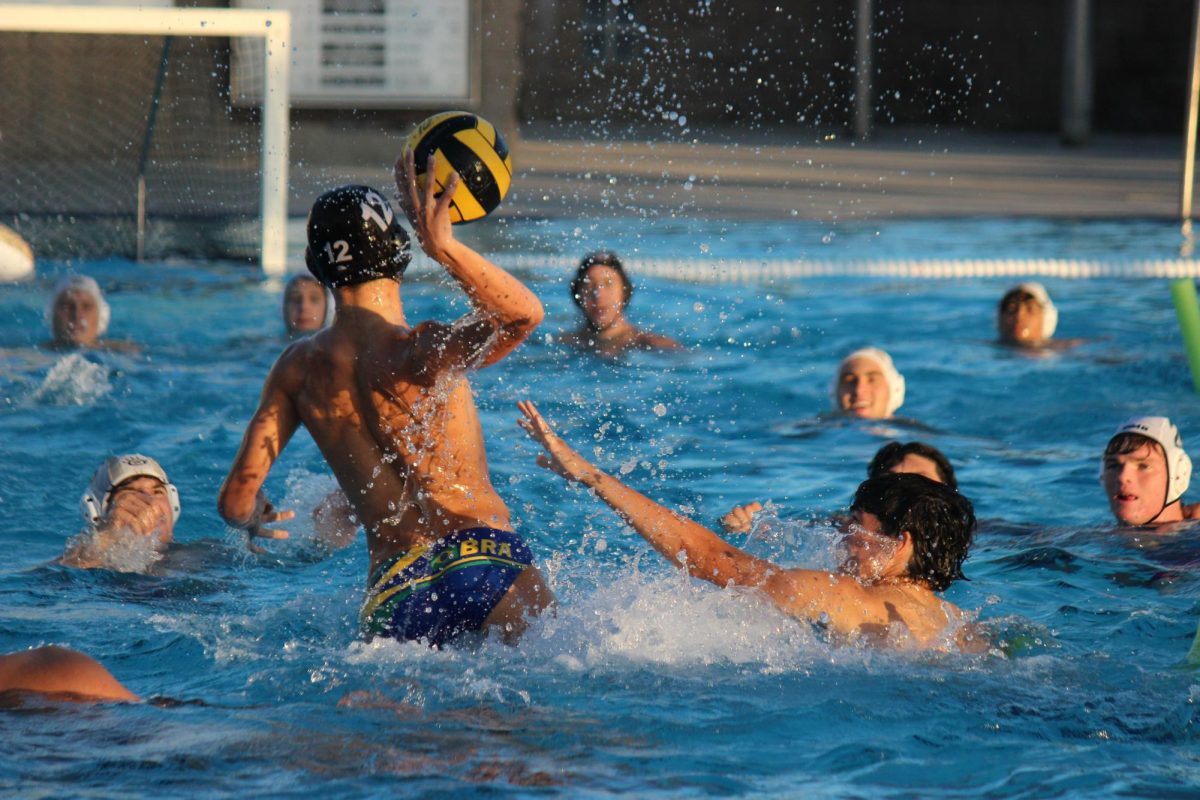

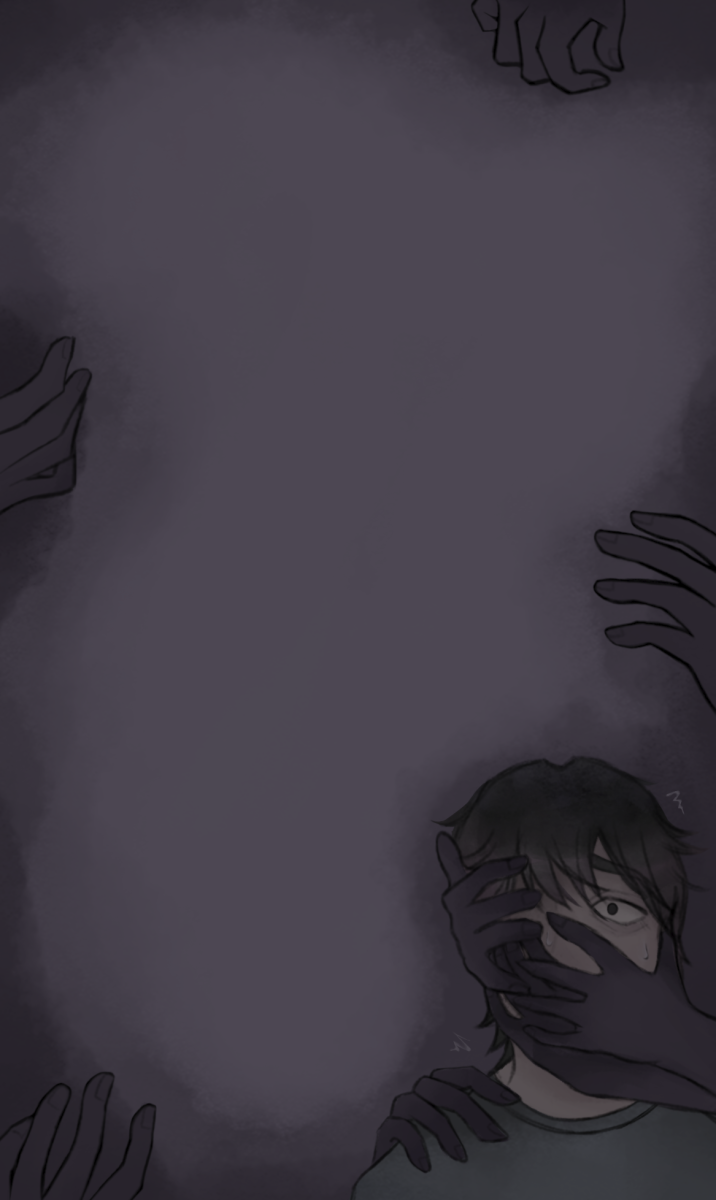
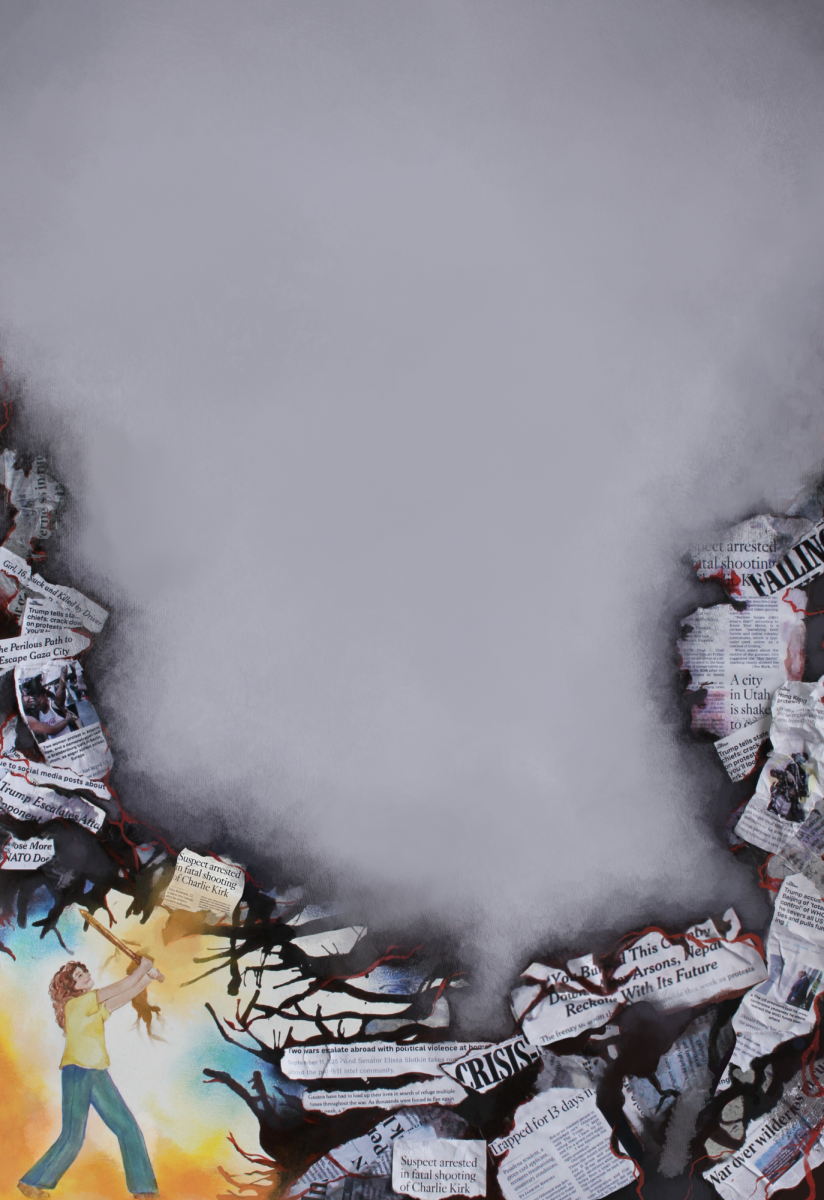
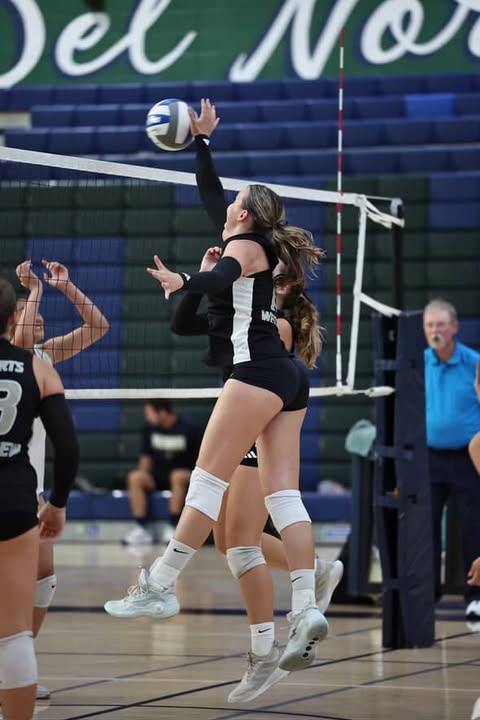
![Jolie Baylon (12), Stella Phelan (12), Danica Reed (11), and Julianne Diaz (11) [left to right] stunt with clinic participants at halftime, Sept. 5. Sixty elementary- and middle-schoolers performed.](https://wvnexus.org/wp-content/uploads/2025/09/IMG_1948-800x1200.png)
